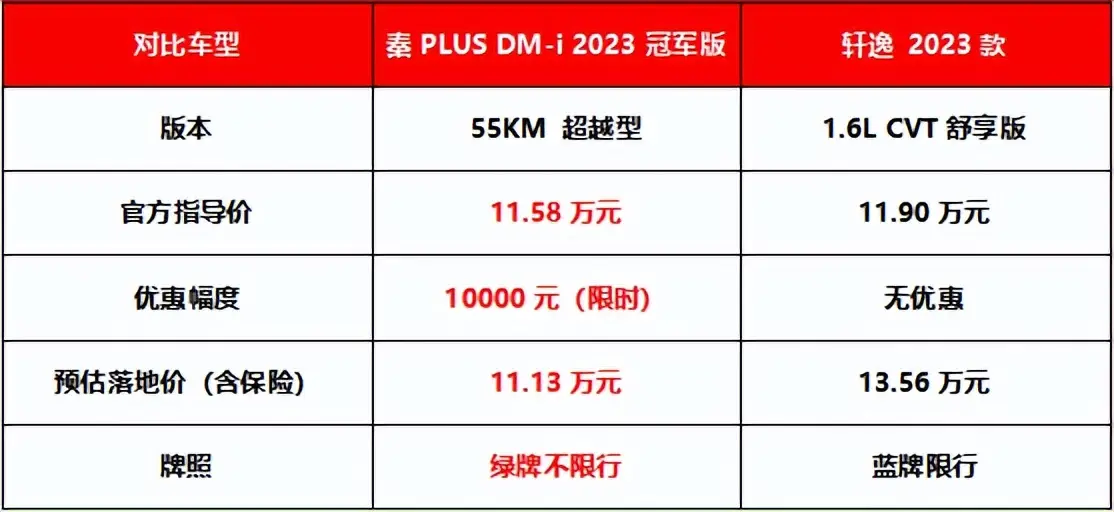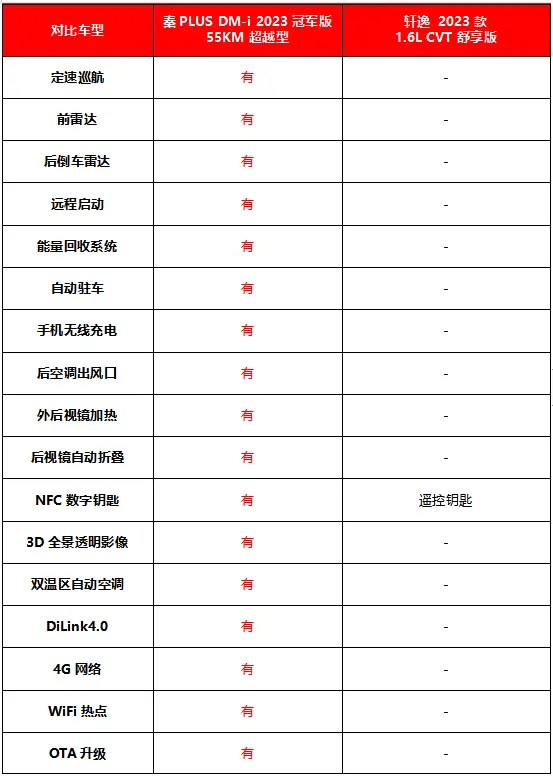Japanese roof doesn't work?Nissan, Honda to cut production in China
It is understood that Nissan may cut its annual production in China by up to 30%, totaling about 500,000 vehicles.。Similarly, Honda may reduce vehicle production by about 20 percent, equivalent to about 1.2 million vehicles.。
According to media reports, Japanese auto giants Nissan and Honda are considering cutting production in China due to increased competition from electric vehicle manufacturers in the Chinese market.。
It is understood that Nissan may cut its annual production in China by up to 30%, totaling about 500,000 vehicles.。Similarly, Honda may reduce vehicle production by about 20 percent, equivalent to about 1.2 million vehicles.。
It is reported that Nissan currently operates eight plants in China through a joint venture with Dongfeng Motor, Honda operates four plants through a joint venture with GAC Group, and operates three plants through another joint venture with Dongfeng.。
China has been a big car export market for Nissan and Honda。But with the electrification of the Chinese car market, Japanese automakers, which focus on fuel vehicles, are facing serious sales challenges。Sales of many Japanese car companies in China, including Nissan and Honda, have declined for several consecutive years.。
Nissan, Japan's third-largest automaker, saw sales in China fall 16 percent last year..1%, with less than 800,000 units sold; Honda's sales fell about 10% last year to 1.2 million。Honda is Japan's No. 2 car company, behind Toyota。Toyota's sales growth in China last year was weak, but it performed better than Nissan and Honda, with sales largely flat year-on-year。For comparison, last year BYD sold 3 million electric cars alone.。
The rise of Chinese car brands has greatly affected the market share of foreign car companies in China, forcing many established companies to make strategic adjustments。In response to changing market dynamics, Nissan announced last November that it plans to export vehicles from China to other overseas markets starting in 2024, with an initial annual production target of 100,000 to 200,000 vehicles.。Nissan Chief Financial Officer Stephen Ma said last month that the company's sales forecast had been revised downward due to its performance in China.。
Even Japan's leading automakers have had to adjust their strategies and lower their sales forecasts, not to mention the smaller Japanese automakers.。Last year, Japan's Mitsubishi Motors announced the cessation of auto production at its joint venture in China.。
Japanese car companies in China encountered "Waterloo" is not surprising, because at this stage, the same price, consumers can buy a higher configuration of electric vehicles, will naturally abandon the fuel car。
Last year, some people on the Internet put BYD's Qin PLUS DM-i 2023 Championship Edition and Nissan Xuanyi 2023 Model 1.6L CVT comfortable version for comparison。


In the face of such a "heart-piercing" configuration comparison, in the case of a small price gap, you are the consumer who you choose?
What's more, this year BYD also launched the Qin PLUS DM-i Glory Edition, the official guide price of 7.980,000 yuan, and some of the configuration has been upgraded.。This move is to press the fuel car on the ground friction。It can be predicted that after the war on new energy prices this year, the sales of many fuel car companies will be further reduced, and the "main force" of fuel cars - Japanese cars will not escape this catastrophe.。
But even so, the top executives of Japanese car companies are still "resistant" to electric vehicles, which is one of the main reasons why Japanese car companies have been slow to "embrace" electrification。
Earlier, Toyota CEO Akio Toyoda had repeatedly bombarded electric cars in public.。He believes that electric vehicles are "low-level products" and must be resisted to the end。And electric cars are a technology that already exists. Toyota introduced electric cars in the 1990s。
Akio Toyoda said that if from an environmental point of view, because the current electricity in many countries is still fossil energy, if all the cars in the world are replaced by electric vehicles, then the electricity required will be twice the current electricity, which will bring huge pressure to the grid. At the same time, it will also cause more carbon emissions。
Regarding the increase in the penetration rate of electric vehicles in some countries, Akio Toyoda believes that the growth of electric vehicle sales cannot be separated from policy support. Major auto markets such as China, the United States, and the European Union have launched electric vehicles. Support policy。
·Original
Disclaimer: The views in this article are from the original Creator and do not represent the views or position of Hawk Insight. The content of the article is for reference, communication and learning only, and does not constitute investment advice. If it involves copyright issues, please contact us for deletion.